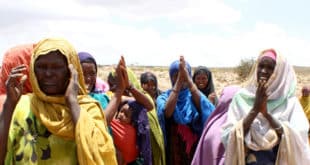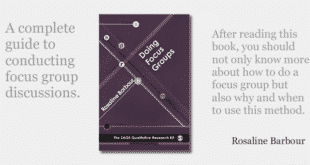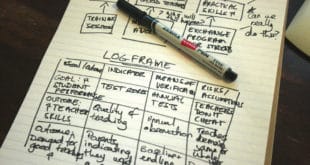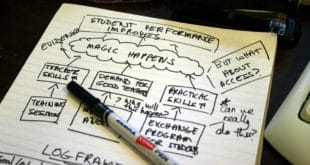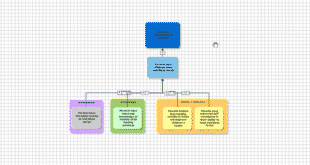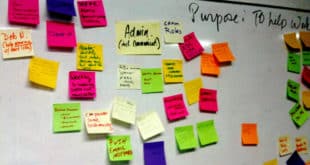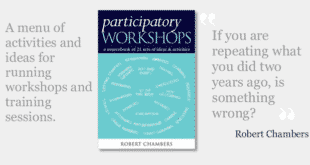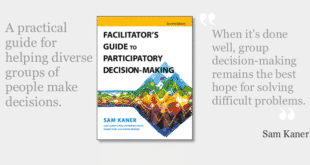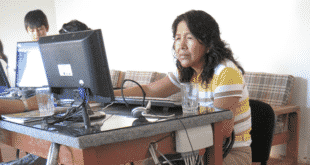Improving people’s quality of life is the ultimate goal for many international development programs, even though it might not be stated as such. Having a high quality of life just means having a full and happy life. For example, programs to increase people’s income or health only do this so those …
Read More »Tag Archives: Program Design
Doing Focus Groups – Book Review
I was recently involved in a frustrating debate with a World Bank development economist where qualitative research was dismissed as ‘not reliable and anecdotal’. Thankfully, this view now appears to be in the minority, as international NGOs and UN agencies are increasingly recognising and utilising qualitative research methods such as …
Read More »Research report template
A research report describes the results of a survey, interviews, focus groups or any other type of qualitative or quantitative research. Even if they aren’t necessarily “researchers”, most international development practitioners will still need to write a basic research report at some point in their career. Either for a baseline or endline …
Read More »Logical framework (logframe) template
A logical framework matrix (or logframe) is the output of a program design process where you work out how the program activities will lead to the immediate outputs, and how these will lead to the outcomes and goal. In an ideal world, a logframe should be flexible and updated frequently. …
Read More »Theory of Change vs Logical Framework – what’s the difference?
Over the last few decades there has been an ongoing debate in the international development community about the best way to describe how programs lead to results. One approach has been to use a Logical Framework (also called a LogFrame), which most donors now require. Another increasingly popular approach is …
Read More »Creating theories of change with the Theory of Change Online (TOCO) Software
A Theory of Change describes how and why you think change happens. In simple terms, it’s like completing the sentence “if we do X then Y will change because…”. This is particularly important in international development because people often have underlying assumptions or beliefs about change that may not be accurate. …
Read More »Work plan template
Work plans (often shown as Gantt charts) show all the tasks involved in a project, who is responsible for each task, and when the tasks will be completed. Donors normally require you to submit a work plan as part of a proposal. Once your project has started the work plan …
Read More »Participatory Workshops – Book Review
As a follow-up to our previous book review of the Facilitator’s Guide to Participatory Decision-Making, I decided to review a facilitation book that was written specifically for an international development audience. Participatory Workshops: A Sourcebook of 21 Sets of Ideas & Activities, by Robert Chambers, is a collection of workshop activities …
Read More »Facilitator’s Guide to Participatory Decision-Making – Book Review
Everyone likes to have a “participatory” project. Donors like it because it makes them sound like they’re supporting locally led development; international NGOs like it because it makes them feel better about being outsiders; and local NGOs like it because the more participatory a project is the more donors want …
Read More »How can you find out if a program is likely to work before you waste money trying it?
If you’ve been working in international development for a while (or even a few weeks) you’re probably used to receiving a string of urgent emails from your boss on Monday morning asking you to write a concept note for the latest donor call by 5 pm Friday. They want you to …
Read More »
